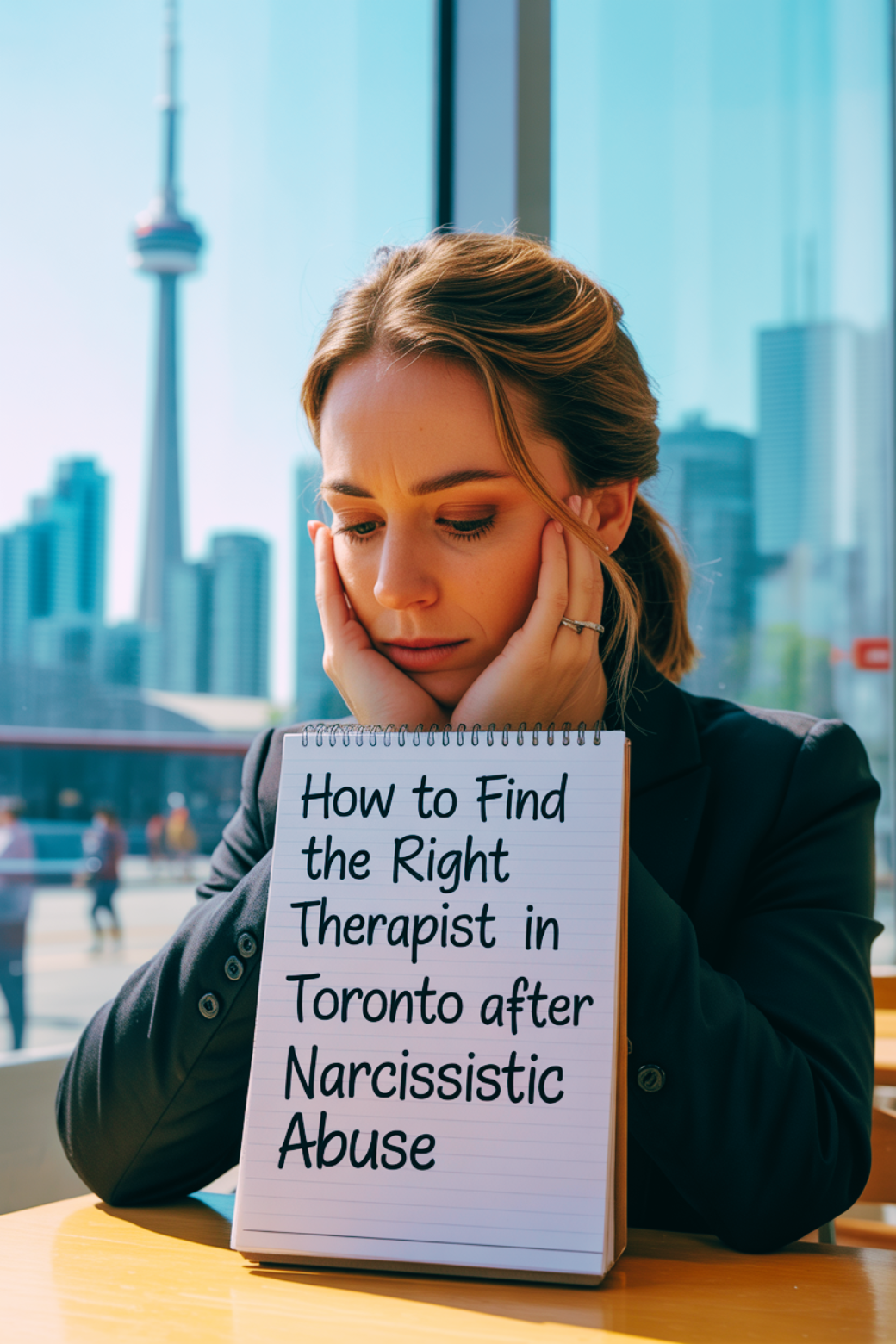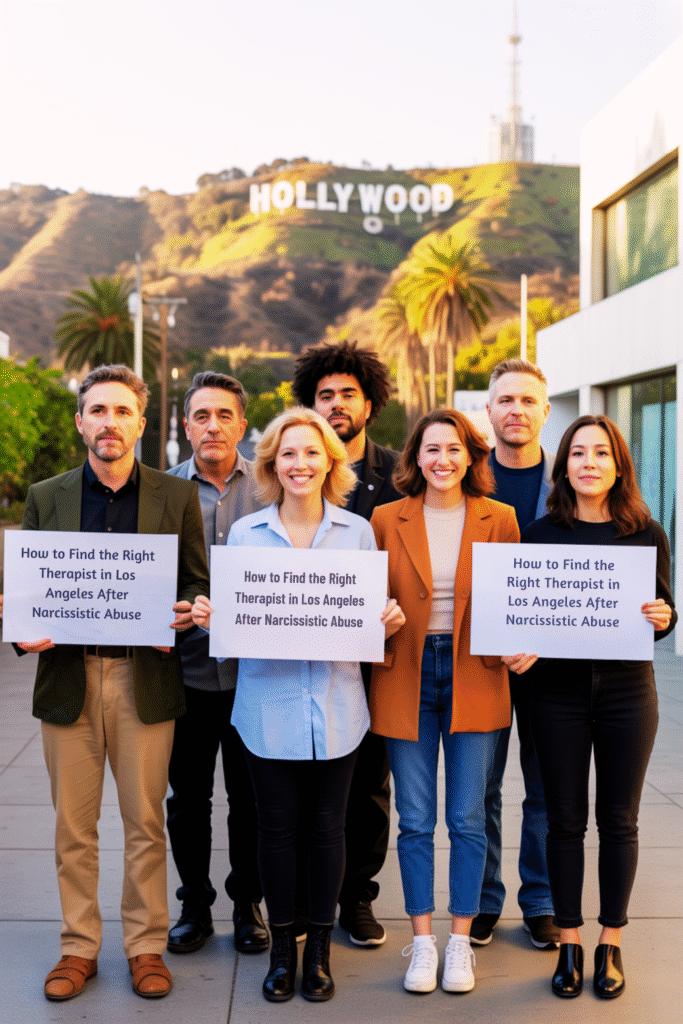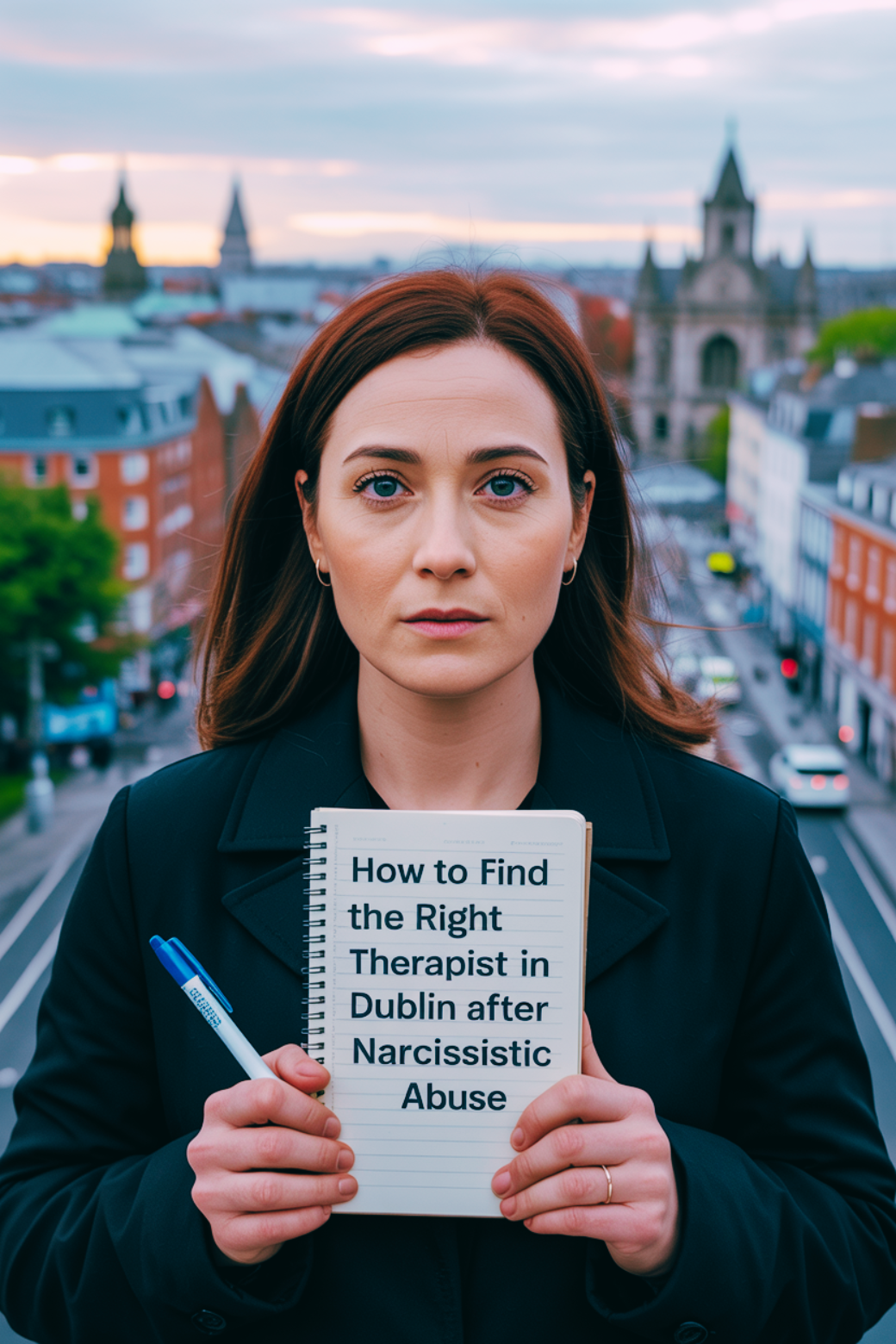Now Reading: How to Find the Right Therapist in Toronto After Narcissistic Abuse
- 01
How to Find the Right Therapist in Toronto After Narcissistic Abuse

How to Find the Right Therapist in Toronto After Narcissistic Abuse
🇨🇦 How to Find the Right Therapist in Toronto After Narcissistic Abuse
The Survivor’s Guide to Trauma Recovery in Canada’s Largest City
Toronto is one of the most diverse, therapy-saturated cities in North America — and yet, for survivors of narcissistic abuse, the search for real support can still feel like wandering a city block in fog. Because not every therapist who says “trauma-informed” actually understands what it means to be gaslit, broken down, erased — and still expected to smile through it.
This isn’t about “talking it out.” It’s about reclaiming your mind, your voice, and your power — in a system that often mislabels what you went through.
🛑 Therapy Isn’t Automatically Safe for Narcissistic Abuse Survivors
Let’s cut through the Canadian politeness:
Just because someone’s licensed doesn’t mean they get it.
Survivors in Toronto have reported:
- Therapists minimizing narcissistic abuse as “relationship conflict”
- Pressure to co-parent or reconcile with their abuser
- Clinical coldness toward emotional breakdowns or CPTSD symptoms
- Sessions focused on “regulating emotions” without validating the cause
You don’t need symptom management. You need story repair.
🧠 What to Look For in a Therapist in Toronto (Post-Abuse)
✔️ Understands narcissistic traits, trauma bonding, gaslighting, and identity fragmentation
✔️ Trained in EMDR, IFS, Schema Therapy, or somatic trauma models
✔️ LGBTQIA+ affirming, culturally competent, and survivor-led (or informed)
✔️ Recognizes emotional abuse as abuse
✔️ Supports long-term healing, not short-term behavioral tweaks
🧊 Ask These 10 Ice-Breaker Questions Before Booking
These questions are your map through the maze:
- Do you have experience supporting clients who’ve been in relationships with narcissists or abusers? Look for more than “Yes.” Ask them what patterns they see.
- What’s your approach to rebuilding self-trust after gaslighting or chronic invalidation? Green flag: they mention memory work, journaling, and emotional safety.
- What trauma modalities do you use with survivors of covert abuse? EMDR? IFS? Schema? Parts work? If they say “CBT,” ask what else.
- Can you help me unpack relational dynamics I’m still unclear about? Survivors often doubt their own memories. A good therapist won’t.
- How do you help clients rebuild boundaries from scratch? They should go beyond “Just say no” — think nervous system repair + boundary practice.
- How do you respond when a client feels guilty or ashamed for staying in abuse? “Trauma bonding” should be part of their vocabulary — not “Why didn’t you leave?”
- What’s your approach to someone with both hyper-independence and fear of abandonment? Ideal answer includes relational repair and attachment safety.
- If I disagree with your advice or suggestions, how would you handle that? The right answer = “We’d explore it together.”
- Do you work long-term with clients recovering from complex trauma? You’re not here for a quick fix. This is about unwinding years of damage.
- Do you offer reflections, tools, or resources between sessions? Healing doesn’t stop at the 50-minute mark.
🏥 Navigating the Mental Health System in Toronto
🇨🇦 Public Access (OHIP)
- Mental health services through OHIP require a referral from a family doctor
- Covered services often limited to psychiatrists and short-term counseling
- Long wait times common
- Limited abuse-specific care through public channels
💸 Private Therapy in Toronto
- Many trauma therapists operate privately (standard rates: $130–$200/hr)
- Some offer sliding scale or insurance receipts for reimbursement
- Directories like PsychologyToday.ca, TherapyOwl.ca, and MindBeacon can help
💼 Top Survivor-Affirming Therapy Clinics in Toronto
1.
The Trauma Practice for Healthy Communities
- Specializes in complex PTSD, narcissistic abuse, relational trauma
- Offers EMDR, parts work, and trauma yoga
- thetraumapractice.com
2.
Therapy Toronto (Janet Dunnett & Associates)
- Strong focus on abuse recovery, codependency, and identity rebuilding
- Offers Schema Therapy, somatic work, and emotion-focused therapy
3.
Whole Heart Mental Health & Wellness
- LGBTQIA+ friendly, culturally competent, abuse-informed
- Uses narrative therapy and somatic trauma methods
- Known for validating survivors of covert emotional abuse
4.
Toronto Trauma Therapy Centre
- EMDR, IFS, Sensorimotor Psychotherapy
- Long-term care and emotional abuse expertise
- Sliding scale available for select therapists
5.
The Healing Collective
- Interdisciplinary group of psychotherapists, bodyworkers, and trauma coaches
- Focus on post-narcissistic abuse recovery, burnout, and somatic integration
- thehealingcollective.ca
🌐 Online Therapy Options for Ontario Residents
- Inkblot Therapy – Affordable, online sessions with licensed Ontario therapists
- BetterHelp (Canada) – Global platform with Canadian-licensed options
- MindBeacon – CBT-focused, some trauma-informed practitioners
- Therapists.ca – Independent directory with filter options for trauma and abuse
🧭 Local Survivor Resources in Toronto
- WomenatthecentrE – Survivor-led support and advocacy for abuse survivors
- Barbra Schlifer Commemorative Clinic – Legal and trauma counseling for women and nonbinary survivors
- Ontario Network of Sexual Assault/Domestic Violence Treatment Centres
- Toronto Rape Crisis Centre / Multicultural Women Against Rape – Inclusive support and crisis care
⚖️ Final Word: Your Healing Deserves More Than a Referral
Toronto is massive — but narcissistic abuse survivors still get misdiagnosed, misunderstood, or mislabeled. You’re not “just anxious.” You’re healing from a pattern designed to erase you.
The right therapist won’t tell you to move on.
They’ll help you move back into yourself.
“You’re not broken. You’re breaking free.”















